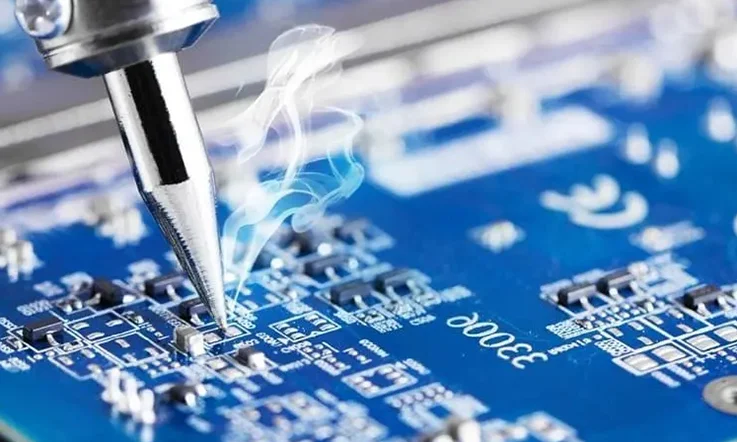
The assembly of electronic circuits via Surface Mount Technology (SMT) demands a profound understanding of materials science and process control. This text provides a systematic framework for professionals seeking to achieve high-yield, high-reliability solder connections. It moves from foundational principles to advanced process optimization, establishing a comprehensive guide to modern SMD soldering. The Unchanging Foundation: […]
Read more
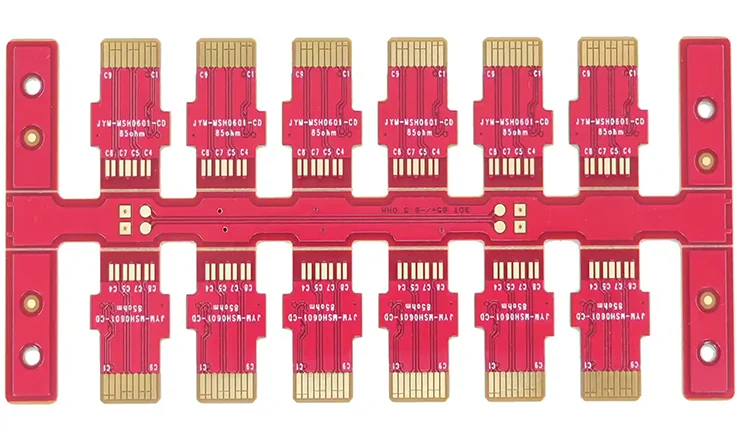
Modern electronic systems require printed circuit boards (PCBs) engineered to perform under conditions that surpass conventional limitations. As device functionality, speed, and power density increase, the demand for circuit boards tailored to specific, high-performance applications becomes a necessity. This guide provides a technical exploration of specialized PCBs, detailing their architectures, the advanced materials used, and […]
Read more
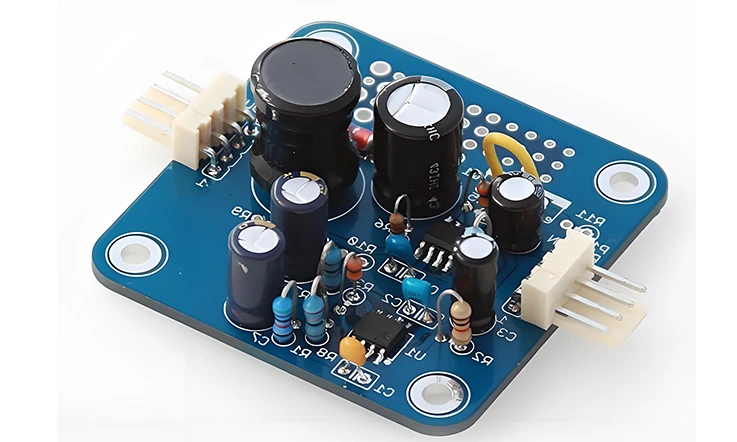
The field of modern energy storage merges two distinct disciplines: electrochemistry and electronics. The chemical composition of a battery cell defines its energy potential; the electronics governing it dictate its realized performance, safety profile, and operational lifespan. This text provides a detailed analysis of contemporary battery technologies, with a specific focus on the sophisticated Printed […]
Read more
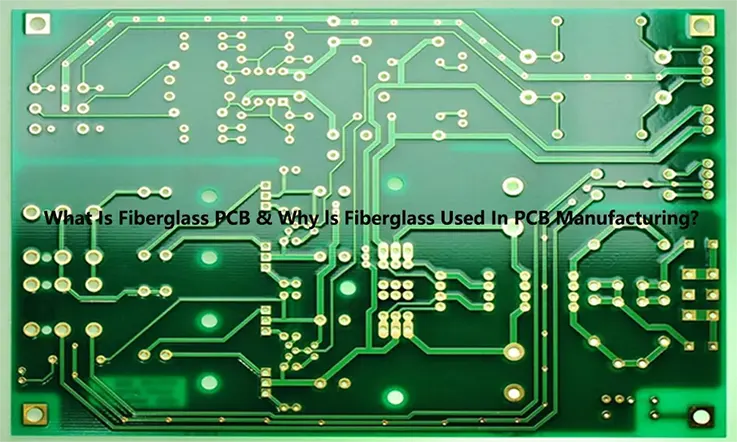
Printed circuit boards (PCBs) form the operational platforms for nearly all modern electronic devices. Among the substrate materials used in their construction, fiberglass composites, especially FR-4, are widely employed. This leads to fundamental questions: What precisely defines a Fiberglass PCB, and what attributes account for its extensive application in PCB Manufacturing? This document addresses these […]
Read more
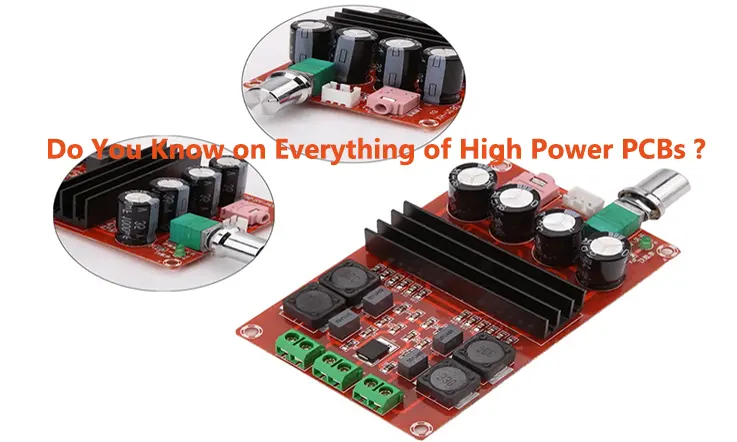
High power PCBs are designed to handle high currents, thermal stress, and demanding structural requirements. Their development involves careful attention to factors such as thermal management, material selection, stack-up structure, and EMI control. This article provides an in-depth look at design strategies and manufacturing processes, including copper thickness optimization, multilayer assembly, and thermal simulation. It […]
Read more
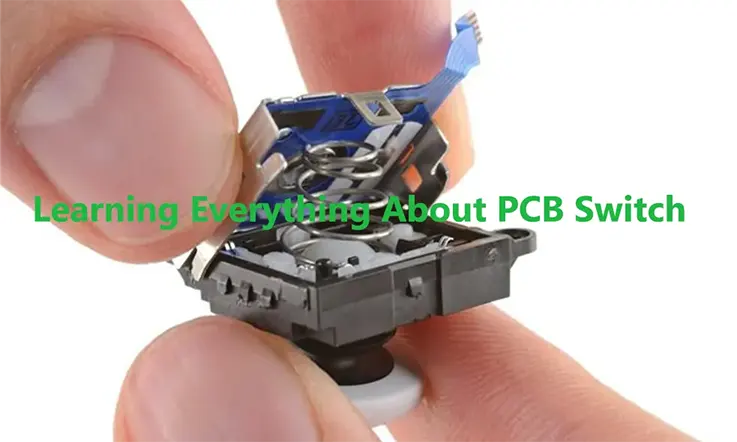
Printed circuit board switches are widely used in electronic systems where precise control, compact layout, and long-term reliability are expected. The process of integrating these components is not limited to part selection—it extends across mechanical design, contact material choices, layout practices, signal behavior, and manufacturing compatibility. This engineering guide presents a structured walkthrough of PCB […]
Read more

Universal PCB manufacturing focuses on adaptable circuit board platforms designed for low-volume, high-mix production. This guide provides a detailed look at each stage of the process—from fabrication and assembly to material selection, testing, and inspection. It covers essential manufacturing steps like drilling, plating, soldering, and surface finishes, followed by assembly techniques like wave soldering and […]
Read more
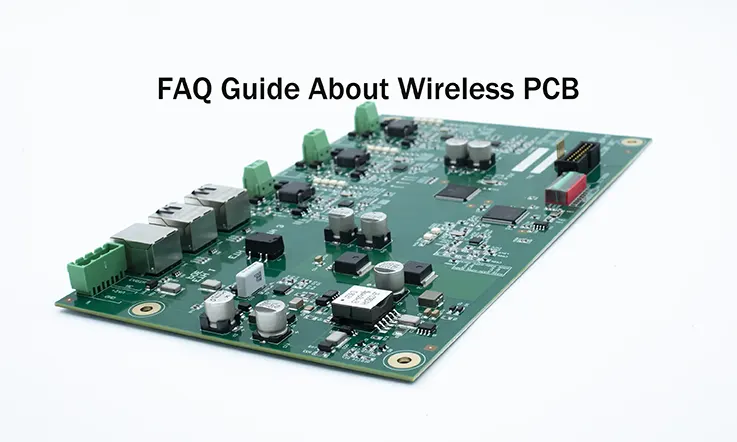
Wireless PCBs are integral to various industries like telecommunications, smart infrastructure, and consumer electronics. They are designed to support high-frequency signals, antenna integration, and electromagnetic compliance. This guide will help you understand the types of wireless PCBs, design influences, materials, and assembly processes that impact performance. The fabrication process involves steps like etching, lamination, and […]
Read more
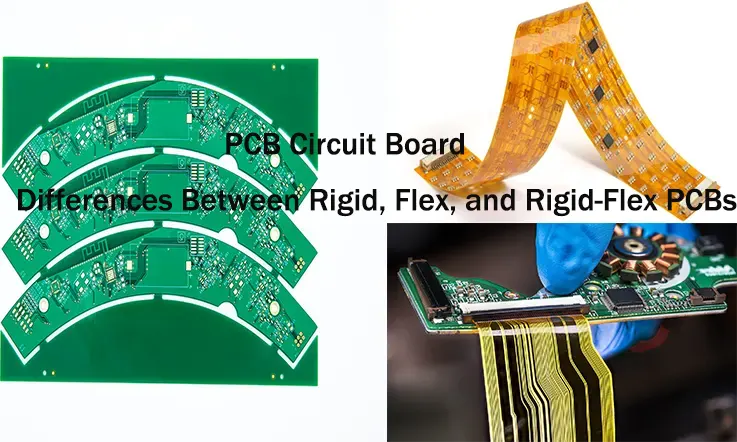
Printed circuit boards are available in rigid, flex, and rigid-flex formats, each designed to meet specific mechanical, electrical, and assembly needs. Rigid PCBs offer structural stability, flex PCBs provide mechanical adaptability, and rigid-flex PCBs combine both features for complex, space-constrained applications. This article presents a structured technical overview of the differences between these three PCB […]
Read more
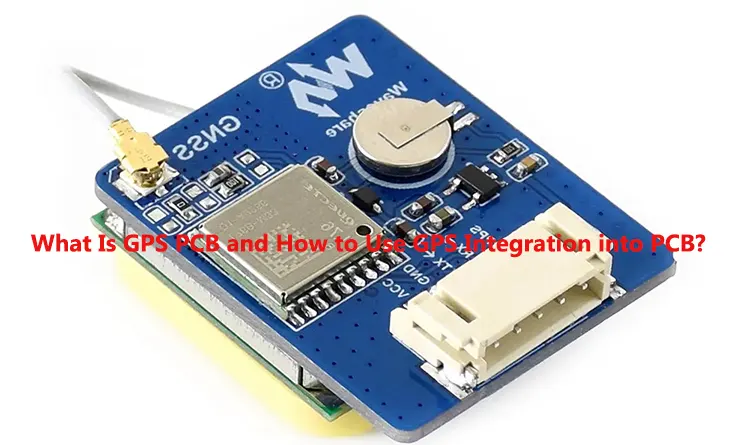
A GPS PCB is a specialized circuit board designed to integrate GPS functionality into electronic devices. It helps receive and process signals from GPS satellites, allowing for location tracking, navigation, and other location-based services. Effective GPS PCB design involves optimizing signal integrity, minimizing power consumption, and managing environmental factors like thermal effects. This guide will […]
Read more









